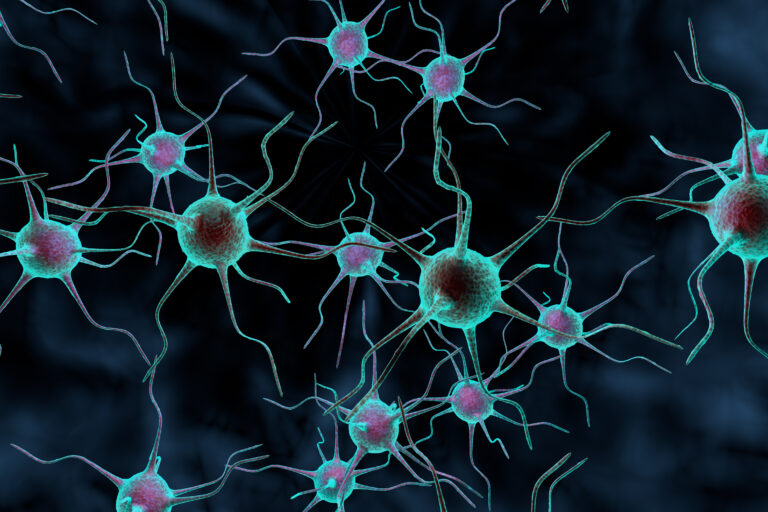Whether you should eat before or after swimming depends on several factors including your personal digestion, the intensity and duration of your swim, and any underlying medical conditions. Generally, it is safe and often recommended to have a light meal or snack before swimming, but heavy meals should be avoided to prevent discomfort.
Eating before swimming can provide energy, especially if you plan a long or intense session. The body needs fuel to perform well, and carbohydrates are a good source of quick energy. However, eating a large or heavy meal right before swimming may cause stomach cramps, nausea, or sluggishness because digestion diverts blood flow away from muscles to the stomach. A light snack such as a banana, yogurt, or a small sandwich about 30 minutes to an hour before swimming is usually sufficient to maintain energy without causing discomfort.
After swimming, it is important to replenish energy stores and aid muscle recovery. Swimming burns calories and uses glycogen stored in muscles, so eating a balanced meal with carbohydrates and protein within an hour after swimming helps restore energy and repair muscle tissue. Hydration is also crucial since swimming can cause fluid loss through sweat and respiration.
From a medical perspective, people with certain conditions such as diabetes should be particularly mindful of their eating and exercise timing. Exercise can lower blood sugar levels, and swimming is no exception. For those on insulin or medications that increase insulin production, eating a small snack before swimming can help prevent hypoglycemia (low blood sugar). If symptoms of low blood sugar occur during or after swimming, consuming fast-acting carbohydrates like glucose tablets or juice is recommended, followed by rechecking blood sugar levels every 15 minutes until stable [4].
Regarding the myth that swimming immediately after eating causes severe cramps or drowning risk, there is no strong scientific evidence supporting this. Mild discomfort might occur if the stomach is very full, but moderate eating before swimming is generally safe.
Interestingly, swimming in cool water may increase appetite more than exercising on land or in warm water. Studies show that after swimming in cool water (around 70°F), people tend to eat significantly more calories afterward, sometimes more than twice the calories burned during exercise. This may explain why swimming alone is not always effective for weight loss, as increased post-swim food intake can offset calorie expenditure [1][2].
In summary, eating a light snack before swimming can help maintain energy and prevent low blood sugar, especially for longer or more intense swims. After swimming, a balanced meal supports recovery. Avoid heavy meals immediately before swimming to reduce the risk of discomfort. People with medical conditions like diabetes should consult healthcare providers for personalized advice on managing food intake around exercise.
Sources:
[1] Halse RE, Wallman KE, Guelfi KJ. Postexercise water immersion increases short-term food intake in trained men. Med Sci Sports Exerc. 2011;43(4):632-638.
[2] NutritionFacts.org video: Friday Favorites: Is Swimming Good for Weight Loss?
[4] NYU Langone Health: Physical Activity and Blood Sugar Management





